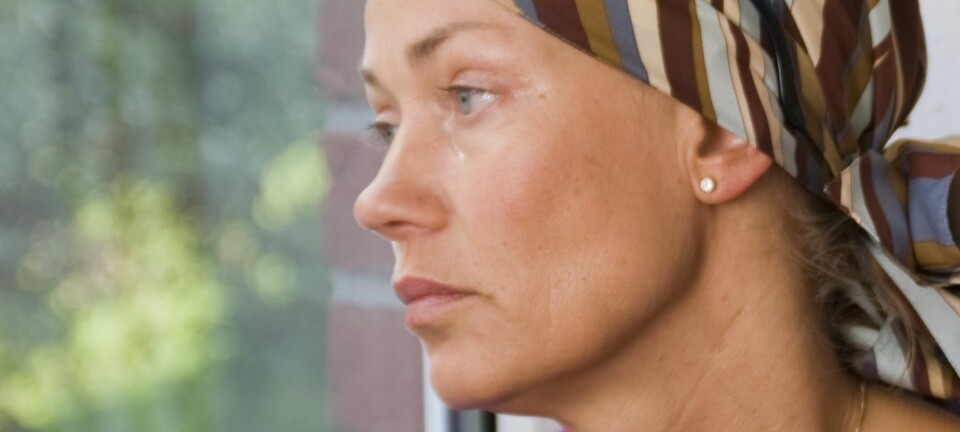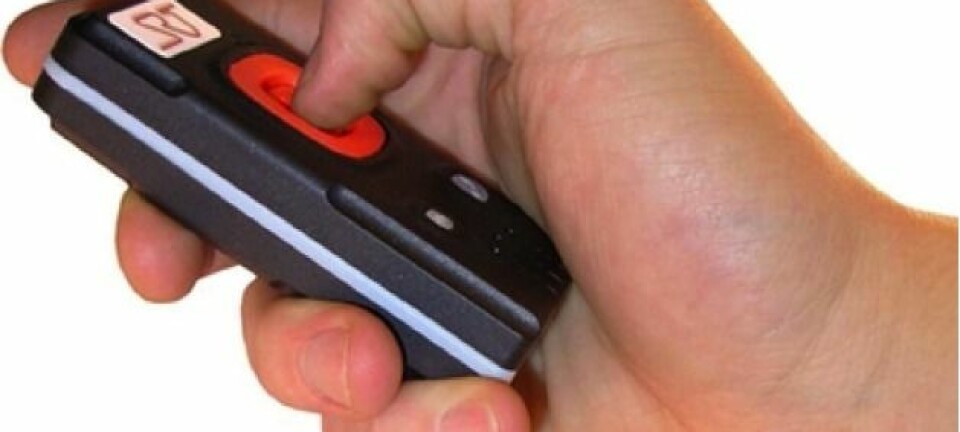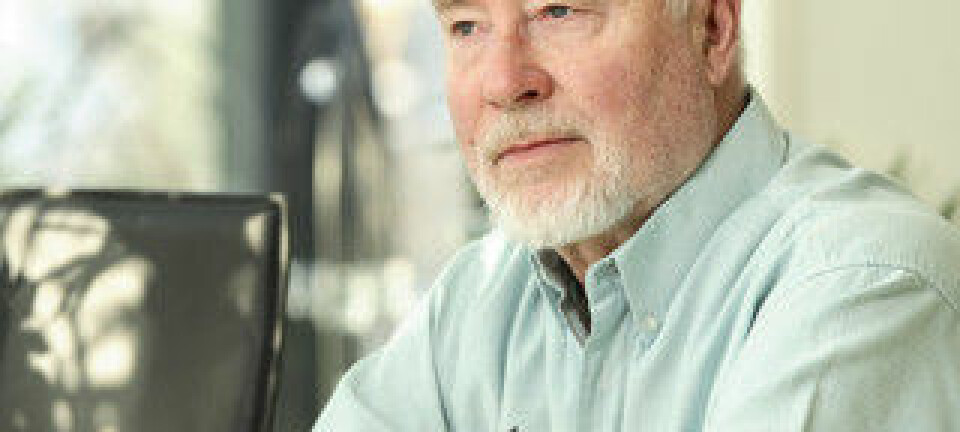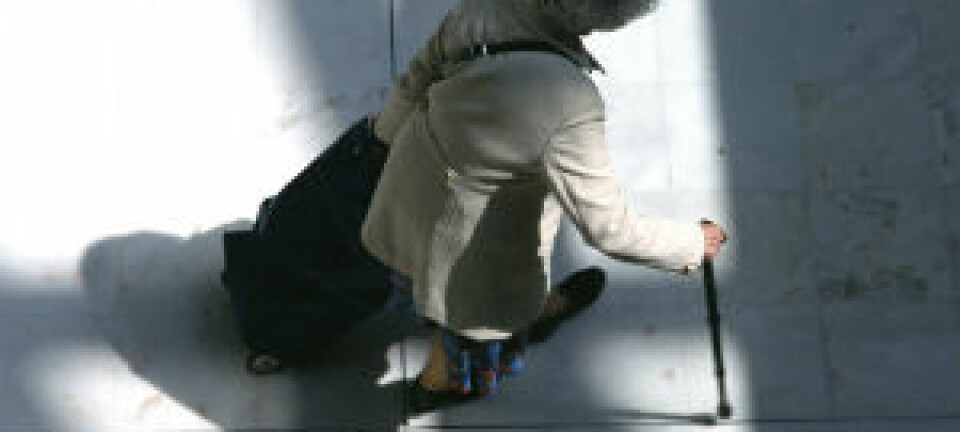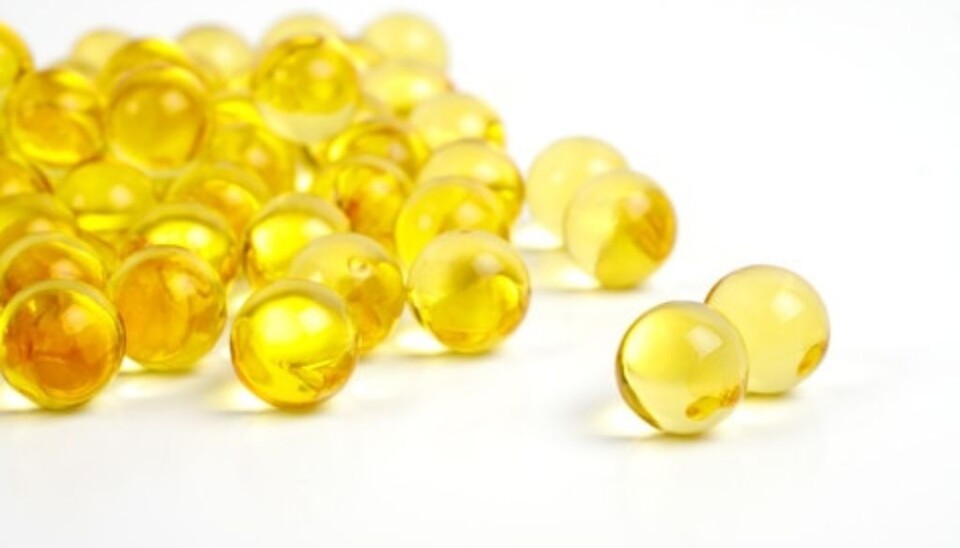
Dementia patients take alternative medicines – and forget about it
If you use a blood-thinning medication – an anti-coagulant – certain natural preparations can increase risks of either haemorrhaging or suffering blood clots.
Denne artikkelen er over ti år gammel og kan inneholde utdatert informasjon.
When people start getting forgetful, have trouble finding their way or managing daily activities, some hope to rectify the problem by taking fish oil, a vitamin supplement like VitaePro or various other nature products and remedies.
Ads claim such products can slow down memory loss. People hear about from telemarketers, acquaintances and pharmacy employees or read of them in ubiquitous glossy magazine ads.
A new study from the University of Tromsø has charted the use of herbal medicines and natural remedies among people with dementia –especially among persons who use prescription drugs.
Affects the thinning of blood
If a person has been prescribed an anti-coagulent, such as Marevan [warfarin], it’s important to keep blood coagulation stable to prevent it from getting too thin or too thick – from haemorrhaging or clotting.

“We’ve seen a number of reports of patients using natural remedies who have experienced both,” says Pharmacist Trude Giverhaug at the Regional Drug Information of the University Hospital of North Norway.
She and Neurologist Hilde Risvoll have studied 150 dementia patients at Kløveråsen Centre in Bodø.
Nearly half used natural medicines
Risvoll and Giverhaug knew that many dementia patients use food supplements and various types of natural and alternative products.
It was confirmed in their study. Nearly half of the patients used such remedies. Only half of those using them experienced any effects.
Not rigorously investigated
Hilde Risvoll thinks dementia patients, or – perhaps more aptly – their relatives, should consult family doctors about the use of alternative medicines.
Natural preparations are often not thoroughly studied. This is particularly the case with regard to their use in combination with prescription drugs. In Norway the control of natural preparations is under the jurisdiction of the Norwegian Food Safety Authority, rather than medical authorities. This is because “alternative medicines” and natural remedies tend to have no empirically proven medicinal effects, and thus are not designated as medications.
Nor has the use of alternative medicines among dementia patients received much academic attention.
“No adequate documentation has been given that these products really work against memory loss,” asserts Risvoll.
Not in the pill dispensers
Demented patients can be especially vulnerable to the side-effects of natural preparations because they don’t remember how many pills or doses they have taken in the course of a day. Such remedies are rarely placed in their pill dispensers along with their prescription drugs.
Most of the patients who took part in this study got help from health personnel or their families to ensure they were taking their prescribed medications. But many of the loved ones of these dementia patients expressed dismay that packages of alternative medications were strewn round their residences. Often nobody keeps track of their use.
Advice from health personnel
The researchers will now follow up this study. They plan to interview family doctors to sound out their opinions on alternative medicines used in combination with prescription drugs. They also wish to interview pharmacy staff about how qualified these employees think they are to talk to customers about these products.
Some dementia patients had actually been recommended natural preparations by health personnel or drugstore employees. But most of them had taken their information from telemarketers, acquaintances or family members, according to the researchers in North Norway.
“Nothing that has an effect is free from side-effects. We think it’s unnecessary to take the risk,” says Giverhaug.
------------
Read the Norwegian version of this article at forskning.no
Translated by: Glenn Ostling







